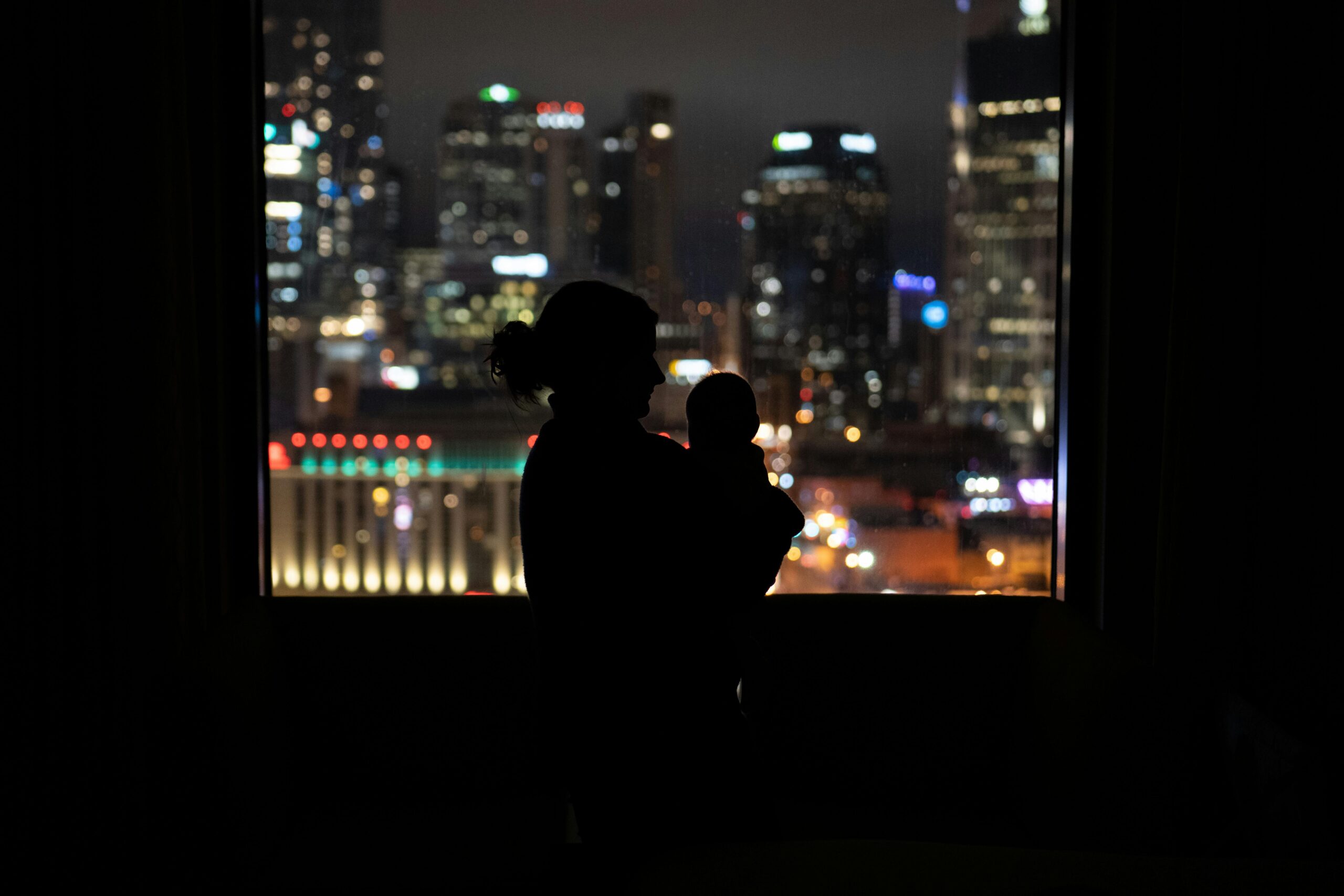
It’s never too late to learn something new, and these elderly women in India are proving just that. The Aajibaichi Shala center, which translates to “school for grannies” opened in the Thane district of Maharashtra in International Women’s Day 2016 with 28 students, by a man named Yogendra Bangar, a primary school teacher at the Fangane Zila Parishad Primary school.
All the women who attend are between the ages of 60 and 90, and are getting a second chance at basic literacy skills which they were never able to receive while they were young. The Phangane village where the school is located is primarily a farming village, and it is not uncommon for families to experience poverty.
For many of the women, their own education was not seen as important compared to that of their brothers’ or at all, and instead they were expected to help out at home with domestic duties so as not to be a financial burden on their parents. Early marriage was also a common experience to alleviate poverty within their own families.
Yogendra told the IndianExpress.com the idea for the unique school came about after regular interaction with many of the older women in the village. He found nearly all of them were illiterate and also could not recite mythological stories from their culture.
In a recent AFP profile on the school, the founder explains how the women were frustrated they could not participate in communal religious ceremonies because of the lack of language skills.

“We wanted to end their disdain and help them. We thought that if we could give these grandmothers a fair chance at education and literacy then it would make them very happy. At their age they aren’t going to go looking for a job at a corporation but their joy at being able to provide a signature and read have increased their happiness manifold,” he said.
Yogendra teamed up with a charitable trust which provided school equipment such as a blackboard, pencils, and chalk as well as the bright pink sari uniforms and backpacks worn by the students.
“I felt it was my duty to educate them. After receiving the initial funds from the trust a family offered to lend a small portion of their land to set up the school,” he said.
To date, he claims the program has given the women a 100% literacy rate, and wants to see the school expand.
“It would be really welcoming and encouraging if the government offers fellowship to our students. It would be a revolution if the efforts are replicated in other parts of the state,” he said.
Along with traditional education topics, the school gives women knowledge about sanitation and hygiene, helping the women set up toilets in their homes to stop the spread of public defecation.

The choice to make the uniforms pink was a deliberate counter-narrative move. For women in the 60-90 age bracket who are widows, they are expected to wear white, but with the very act of them gaining a much-needed education, the school is fostering respect for these women in a way that did not exist before.
“Most of the grandmothers are widows and are meant to wear white to show mourning. We wanted to break this taboo and other older traditions to make every person feel they are equal and part of the community without any discrimination so we chose a pink uniform,” said Yogendra.
Short testimonies from the students show how the chance at getting a basic education is transforming the way they see their place in a conservative society.
“I never went to school as a child. It feels great to come now and study with my friends. We have so much fun,” 62-year-old Gulab Kedar told AFP.
“Initially I was shy and hesitant, but when I came to know that women of my age and above were joining the Shala, I went ahead with the decision. Now I can read and write in my language. I have understood the importance of education. It gives you self-esteem. Earlier, I had to put my thumb impression on bank documents, but now I can sign them myself. I don’t need anyone else’s help,” said 60-year-old Kanta More, whose daughter-in-law Sheetal is a teacher at the school.

“I am like a ripe fruit that might fall off the branch anytime. I couldn’t go to school as a child and remained illiterate all my life. But I don’t want to die illiterate. Now, I am happy that I would be able to carry a few words with me to the other world,” said 87 year-old student Ramabai Ganpat Chandelle.
“When I come back home, the grandchildren tell me, ‘Granny, this is how you write this,’ or ‘Granny, this is how you read this.’ They teach me everything. They sit and study along with me. It’s great fun. We read each other’s lessons. We read out poems to each other. We write our lessons… We are certainly happy that we became literate at this age,” says another student, Kantabai.
It is also interesting to hear from the founder about the lack of negative reaction from people in the community when they heard about the school and who it was aiming to educate.
“Everybody in the village encouraged us, no one said a thing against the school. They said: ‘Nobody has done something like this before. Whatever you are doing is good for the society. We are with you’,” said Yogendra.
This school is allowing these women to come out of the shadows, gain a sense of self- as well as community respect at a later stage in their lives, and take part in daily activities such as signing bank documents or singing songs which for so long they were unable to do. What a wonderful initiative which we certainly hope will spread like wildfire in the rest of the state and beyond.
















